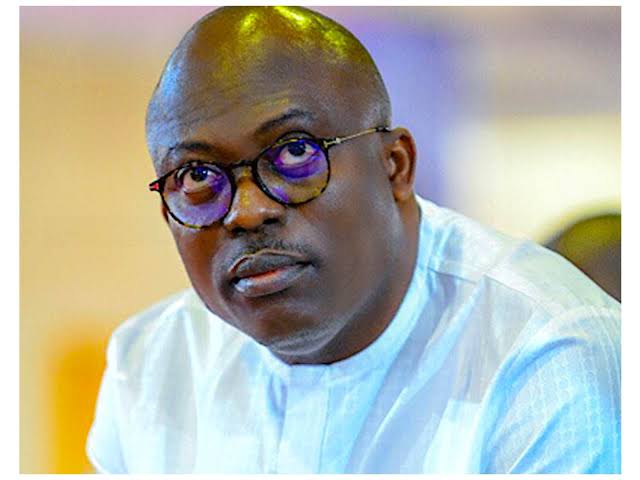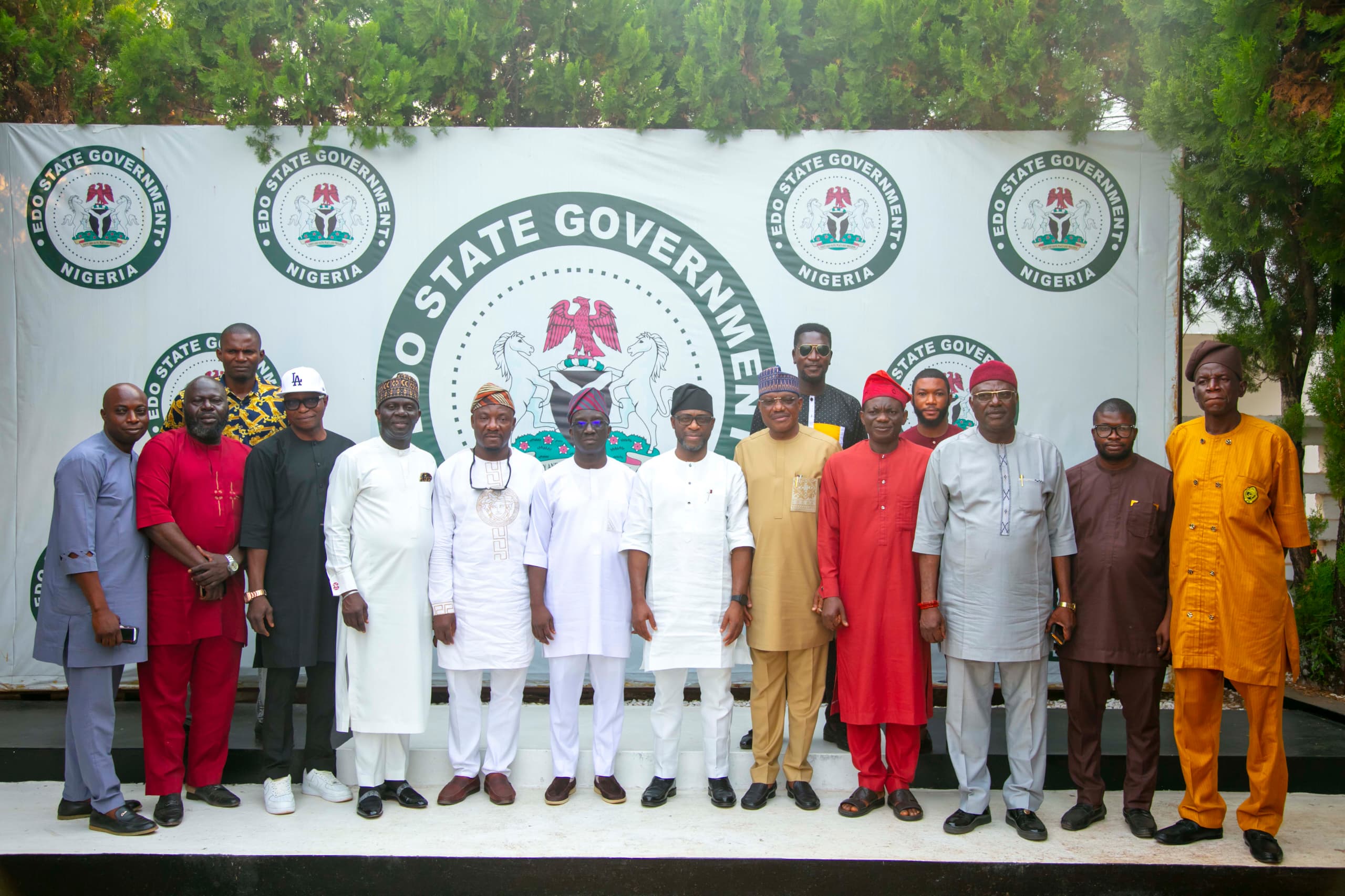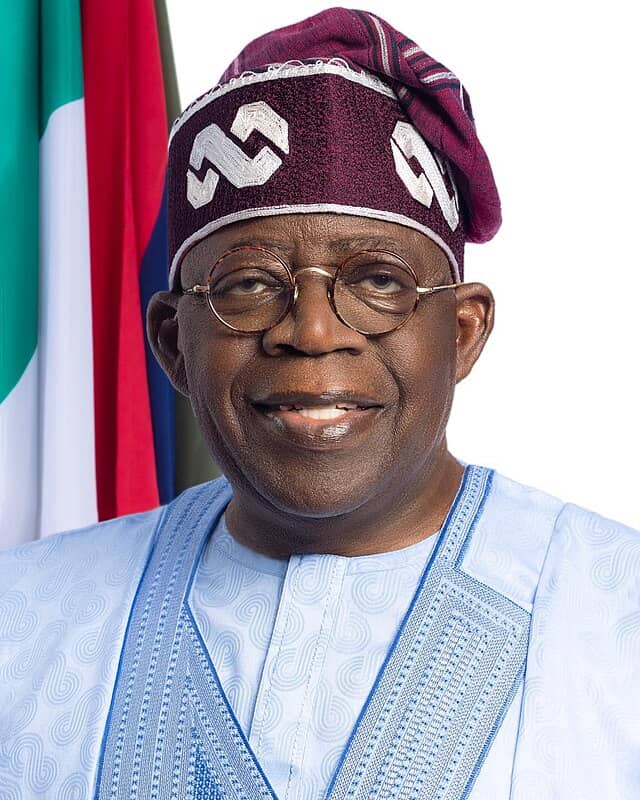Rivers State Governor Siminalayi Fubara’s tenure has been marred by controversy, culminating in his recent suspension by President Bola Tinubu. A closer look at his administration reveals seven key failings that have fueled political instability and governance breakdown in the state.
One of the most contentious actions of his government was the demolition of the Rivers State House of Assembly on December 13, 2023. Despite promises of reconstruction, 14 months have passed without any effort to rebuild the legislative complex, leaving lawmakers without a functional space to conduct their duties.
Fubara has also faced accusations of disregarding the rule of law and committing what critics describe as “grave unconstitutional acts.” His leadership style has been perceived as authoritarian, with an apparent unwillingness to operate within the confines of the legal framework.
Adding to his list of failings is the collapse of the legislature, which has left Rivers State without the necessary checks and balances. The governor’s inability to work with the House of Assembly has led to a complete breakdown in governance, fueling concerns about executive overreach.
Furthermore, Fubara has failed to facilitate the passage of an Appropriation Bill, a critical legislative process that determines the state’s budget and financial direction. His administration’s inability to ensure this fundamental governance function has left Rivers State in fiscal uncertainty.
Security concerns have also plagued his leadership, with his refusal to disown militant groups that have issued threats of violence against his perceived enemies. Critics argue that his silence on these threats has emboldened the groups, raising fears of political and social unrest.
His failure to take decisive action against pipeline vandalism has further exacerbated the state’s security and economic challenges. With Rivers State being a major oil-producing region, the ongoing attacks on pipelines by militant groups have resulted in economic losses and environmental damage, yet the governor has taken no visible steps to address the crisis.
Ultimately, Fubara’s inability to collaborate with the House of Assembly has led to an impasse that has crippled governance in Rivers State. The power struggle between the executive and legislative arms has left the state in political turmoil, with no clear resolution in sight.
Many Nigerians have taken to social media to express their views on the crisis, with some netizens arguing that Fubara’s removal was inevitable given his leadership style. “You can’t govern a state like a personal empire and expect things to remain stable,” one user wrote. Another added, “He had the chance to fix things, but his refusal to work with the Assembly sealed his fate.” Others, however, have defended the governor, claiming that his political rivals deliberately sabotaged his administration.
With these mounting issues, Fubara’s suspension was seen as an inevitable consequence of his leadership failings. As Rivers State enters a new chapter under the administration of Vice Admiral Ibok-Ete Ibas, the focus now shifts to restoring stability and governance in the troubled state.





